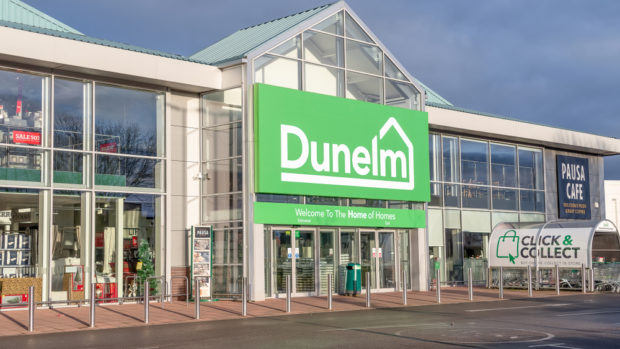Vilmorin, a French seed company and a specialist in field and
crop plants, has confirmed it is seeking a buyer for its
home-gardening activities. These include seeds and garden
operations in France, Germany, Poland and the UK through its
Oxadis, Flora Frey, CNOS Vilmorin and Suttons companies.
According to Vilmorin, in 2006-2007 the companies had
consolidated sales of €142 million and a net profit of
€8 million. It is believed that Vilmorin intends to sell
the unit as a whole rather than break up the businesses and sell
them individually.
Alex Grenfell, managing director of Suttons in the UK, believes that the decision will have no immediate impact on the business. “The announcement is one that is fairly typical for businesses that are part of a larger and diverse group. In this case the amateur-gardening side of the business is a relatively small part of the total,” he said. “We have had a relatively long period of stability and support from our parent company. For us it’s very much business as usual, and we will simply continue with the plans we have in place for the coming season.”
The gardening rumour mill has been in overdrive these past few weeks following Thompson & Morgan’s recent acquisition of Rainbow Flowers (Catalogue/e-business iss 143). A recent article in the Sunday national newspaper said that the seed and young plant supplier may be up for sale with a tag of £30 million. John May, Thompson & Morgan’s CEO dismissed the article, saying his company didn’t know the origin of the rumours. “Companies like Thompson & Morgan which are controlled by Private Equity firms are always open to stories and speculation,” he said, “articles of this kind are rarely helpful and often turn out to be inaccurate”.
Another executive in the horticultural sector, SE Marshalls & Co director Martin Harvey, doesn’t expect to see the sort of major consolidation among gardening merchants that would produce one or two dominant players. “There is simply no benefit in merging retail brands in a marketplace where success is determined by distribution penetration,” he said. “Buying a competitor would bring short-term distribution gains followed by a decline of the weaker brand”.








Share